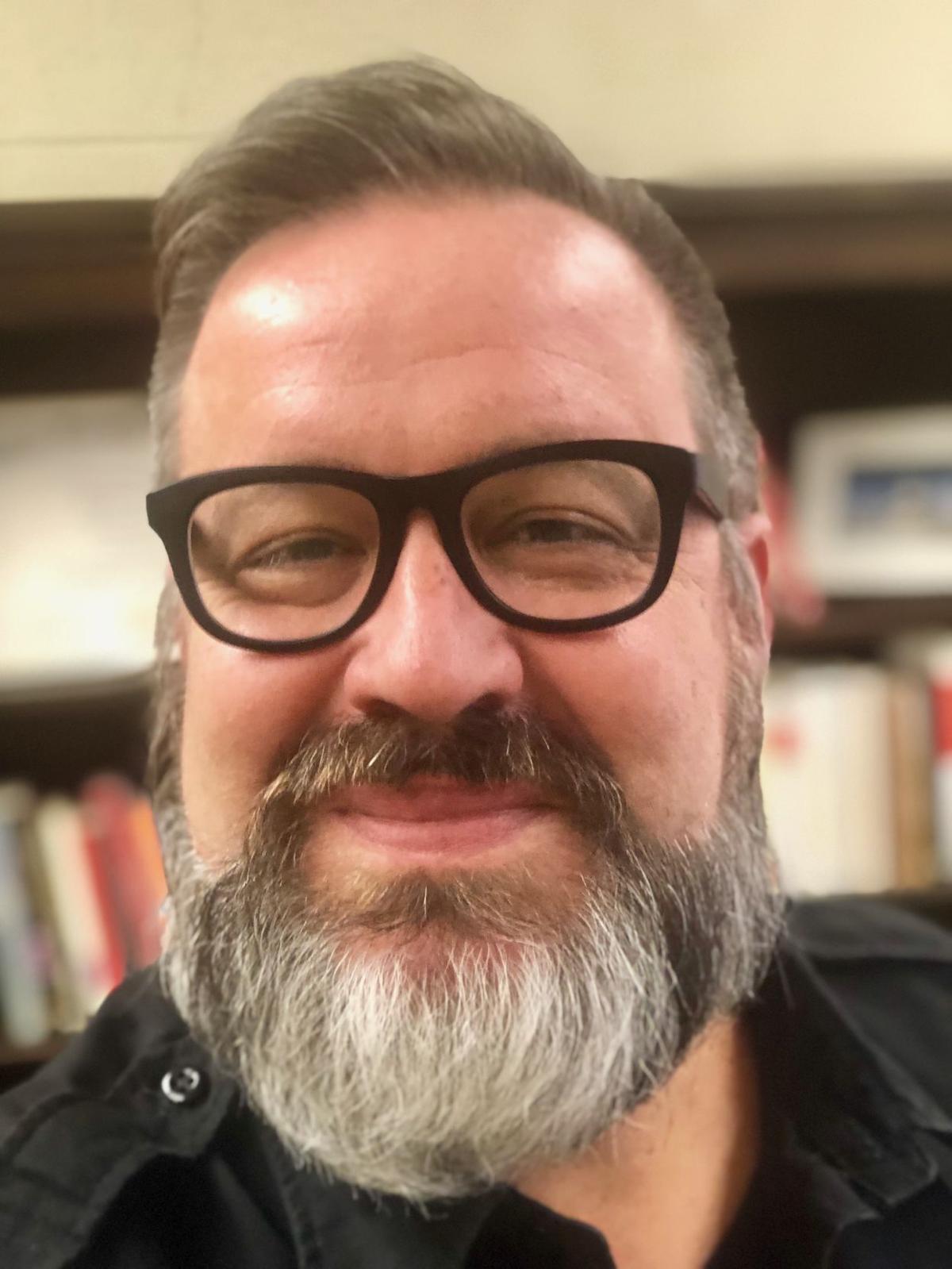Leading a more simple life

Question & Answer
Q: By Jeff C.
Mark, I’ve been following you for awhile and I do appreciate some of the things you say, but what’s the deal with this new agey movement for “simplicity”?
A: By Rev. Mark Sandlin
Dear Jeff,
The fact is, the wisdom of simplicity is a theme with long and historical roots. The value and benefits of living simply are found in practically all the world’s major wisdom traditions.
Proverbs 30:8 tells us, “Give me neither poverty nor wealth.” Matthew 6:19a says, “Do not store up for yourselves treasure on earth…”
In Eastern spiritual practices like Buddhism, Hinduism, and Taoism the teachings encourage a life of material moderation and spiritual abundance. From the Taoist tradition we have this saying from Lao-tzu: “He who knows he has enough is rich.”
From the Hindu tradition, Mahatma Gandhi wrote: “Civilization, in the real sense of the term, consists not in the multiplication, but in the deliberate and voluntary reduction of wants. This alone promotes real happiness and contentment.” He believed that moderating our desires for “wants” increases our ability and desire to help others. For him, true civilization (that is, humans being civilized) emerged from each of us being in loving service to others.
Also, from the Hindu tradition, is the idea of “non-possessiveness.” Said differently, it’s the idea of only taking what we need and finding satisfaction in our lives through that kind of balanced living.
One of the more developed concepts of a life balanced between material excess and simplicity comes from Buddhism. Buddhism actually recognizes that basic material needs require to be met in order to realize our potentials, but it does not consider material wealth as a goal for happiness in life. Instead, it recognizes it as means to the end – that end being awakening oneself to our deeper nature as spiritual beings. It is a balance between mindless materialism and needless poverty.
Even the Greeks understood something of the dangers of overly focusing on material goods. Socrates, Plato, and Aristotle all recognized the importance of what they called the “golden mean.” It was basically seen as a middle path through life – the goal was no excess, but equally no lack – the end goal was a life of sufficiency. They did not see the material world and its “stuff” as the primary purpose of life. Instead, the “stuff” of the world was more of a tool for the primary purpose of life: learning and spiritual pursuits.
Considering the U.S.’s consumerist-focused society, it is somewhat surprising to consider that many of the early settlers were Puritans. It’s somewhat surprising because Puritans stressed hard work, moderate living, participation in the life of the community, and a devotion to things spiritual, not material.
Another early influencer in U.S. history were the Quakers. They taught that material simplicity was an important aid in growing toward spiritual perfection. And, while they did teach that it was normal to want to enjoy the fruits of their labors, they also recognized that our time on Earth is brief and emphasized that people should place much of their love and attention on more spiritual things.
I guess what I’m saying is that the concept of leading a more simple life is not some new “new agey” thing. Its importance has been around for a very long time – humanity just seems to have a confoundingly difficult time grasping it.
~ Rev. Mark Sandlin
This Q&A was originally published on Progressing Spirit – As a member of this online community, you’ll receive insightful weekly essays, access to all of the essay archives (including all of Bishop John Shelby Spong), and answers to your questions in our free weekly Q&A. Click here to see free sample essays.
About the Author
Rev. Mark Sandlin is an ordained minister in the Presbyterian Church (USA) from the South. He currently serves at Presbyterian Church of the Covenant. He is a co-founder of The Christian Left. His blog, has been named as one of the “Top Ten Christian Blogs.” Mark received The Associated Church Press’ Award of Excellence in 2012. His work has been published on “The Huffington Post,” “Sojourners,” “Time,” “Church World Services,” and even the “Richard Dawkins Foundation.” He’s been featured on PBS’s “Religion & Ethics NewsWeekly” and NPR’s “The Story with Dick Gordon.” Follow Mark on Facebook and Twitter @marksandlin.

